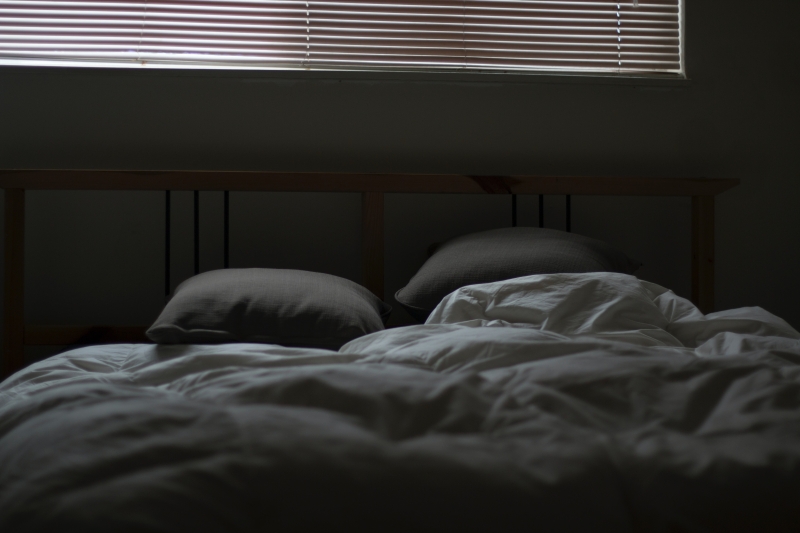 Sleep apnea is a serious sleep disorder with major consequences if untreated. Increased risk of heart disease, high blood pressure, and stroke are known complications of untreated sleep apnea.
Sleep apnea is a serious sleep disorder with major consequences if untreated. Increased risk of heart disease, high blood pressure, and stroke are known complications of untreated sleep apnea.
Sleep apnea, a disorder that affects thousands of restless sleepers in Calgary, has been linked to a myriad of related health issues, including diabetes, stroke and cardiovascular disease. Since the symptoms of this dangerous affliction arise during slumber, many who suffer from sleep apnea don’t even realize it.
According to the Public Health Agency of Canada, one in four Canadian adults is at high risk of developing obstructive sleep apnea. If you’re high-risk or already exhibiting signs of sleep apnea, it’s imperative to seek professional help as soon as possible.
Apnea is diagnosed through a process known as a sleep study. Though at-home testing options are available, most sleep studies are performed at a sleep clinic outfitted with equipment for assessing a sleeping patient’s breathing, heart rate, blood oxygen content and more.
Snoring and sleep apnea are commonly associated conditions, which can lead to some confusion. They are not the same condition, but they are closely related, and many people with one condition may also suffer from the other.
 Sleep apnea is a serious sleep disorder with major consequences if untreated. Increased risk of heart disease, high blood pressure, and stroke are known complications of untreated sleep apnea.
Sleep apnea is a serious sleep disorder with major consequences if untreated. Increased risk of heart disease, high blood pressure, and stroke are known complications of untreated sleep apnea.
